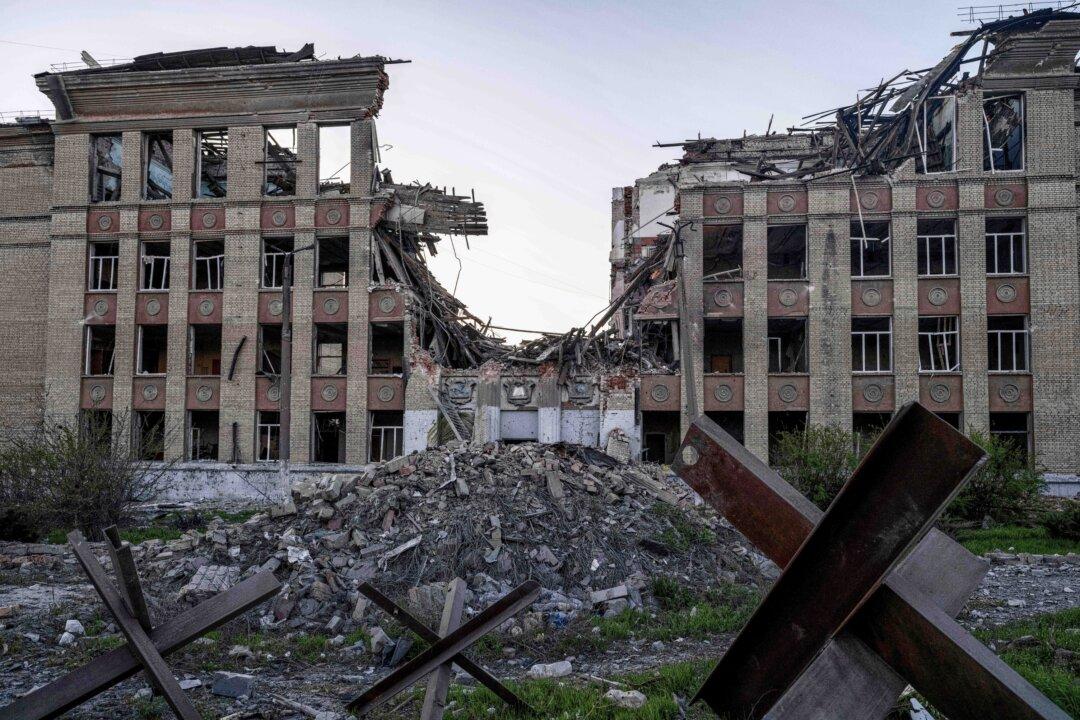Russian forces have resumed military operations against Ukraine following the expiration on April 21 of a 30-hour cease-fire, which Moscow unilaterally announced last weekend to mark the Easter holiday.
“With the expiry of the truce, the Russian Armed Forces continued the special military operation,” Moscow’s defense ministry stated, referring to its ongoing invasion of eastern Ukraine.





